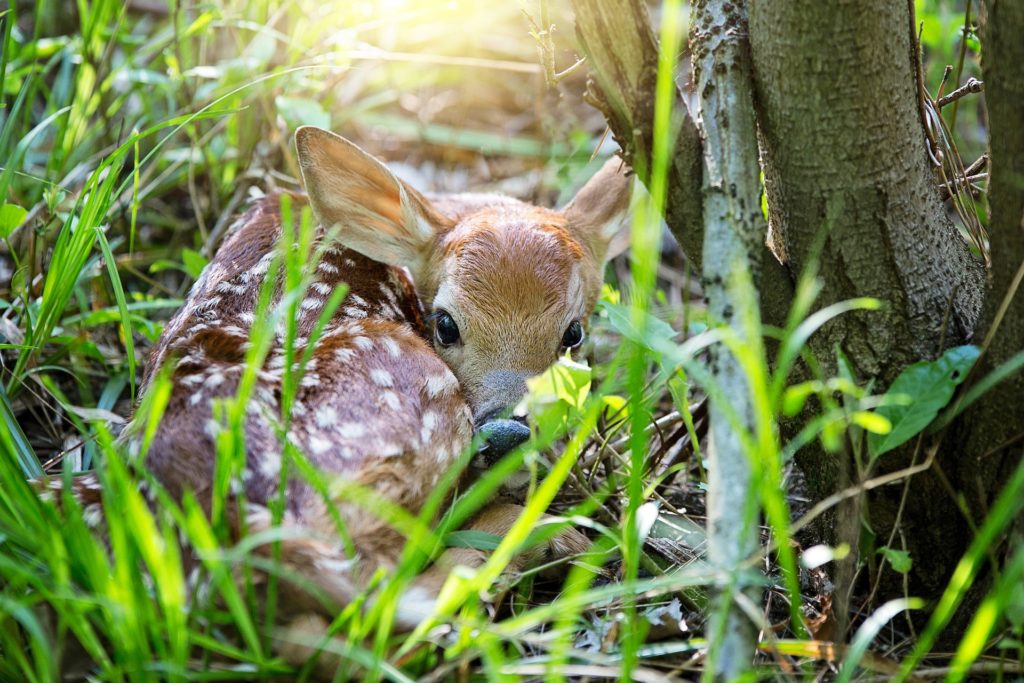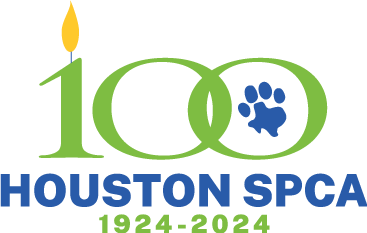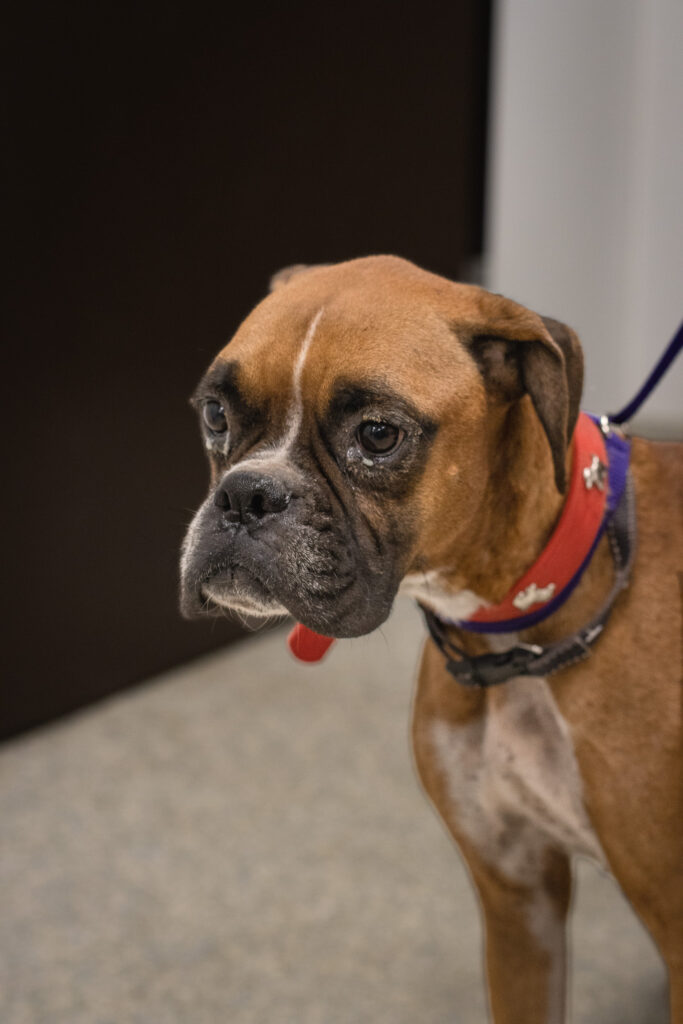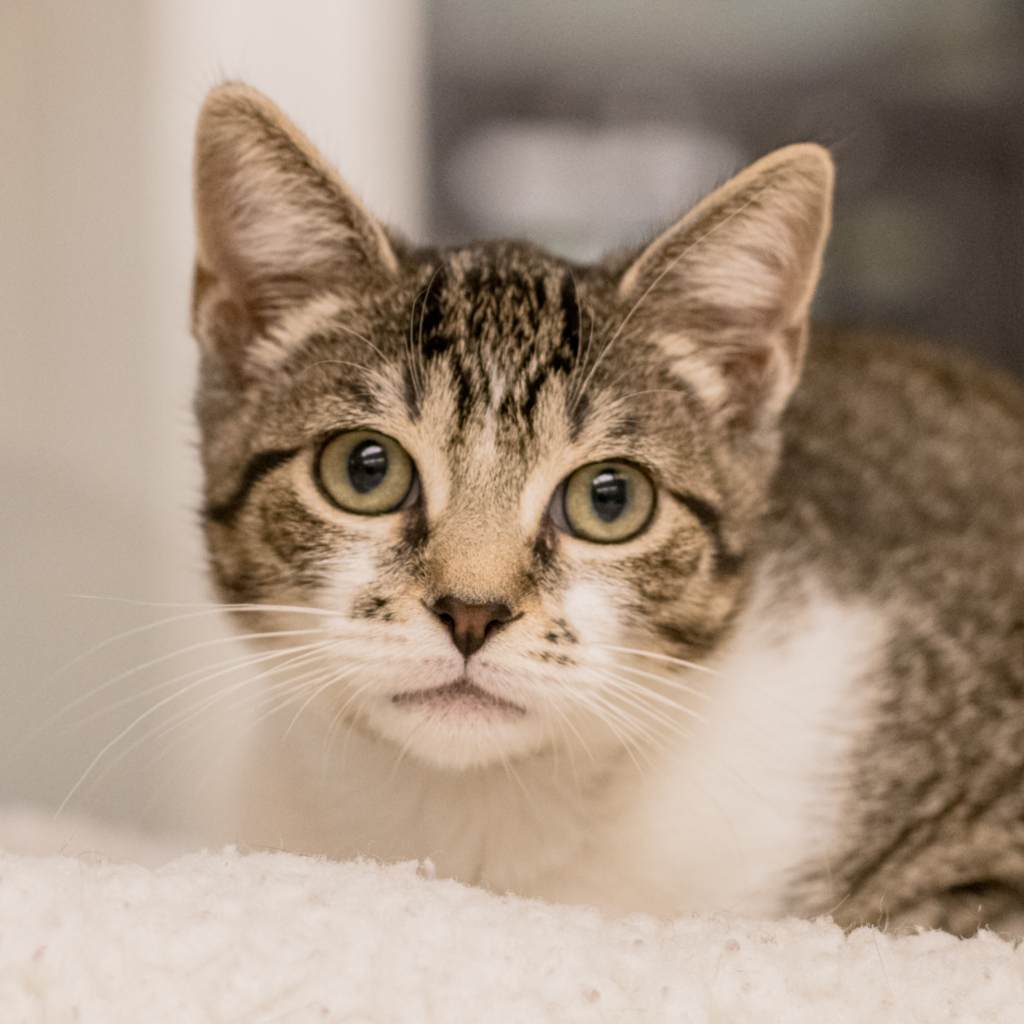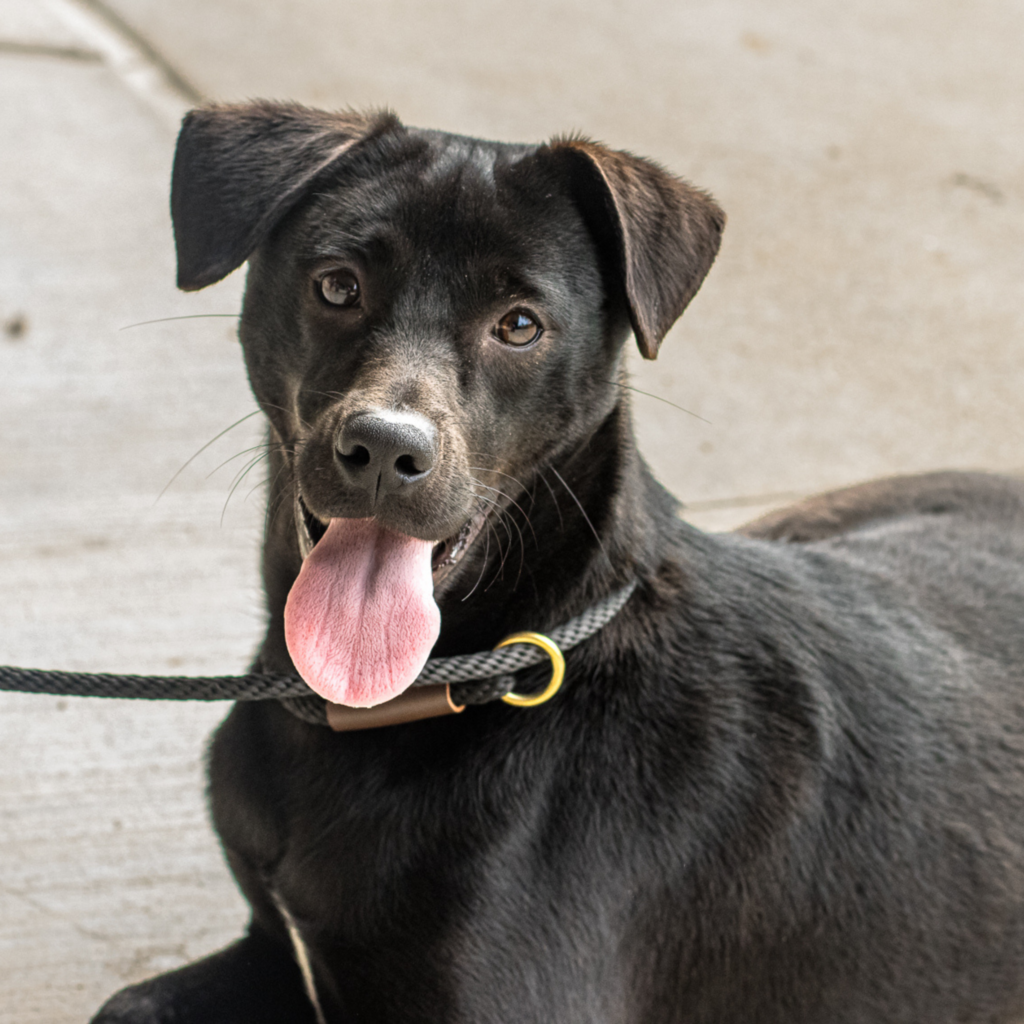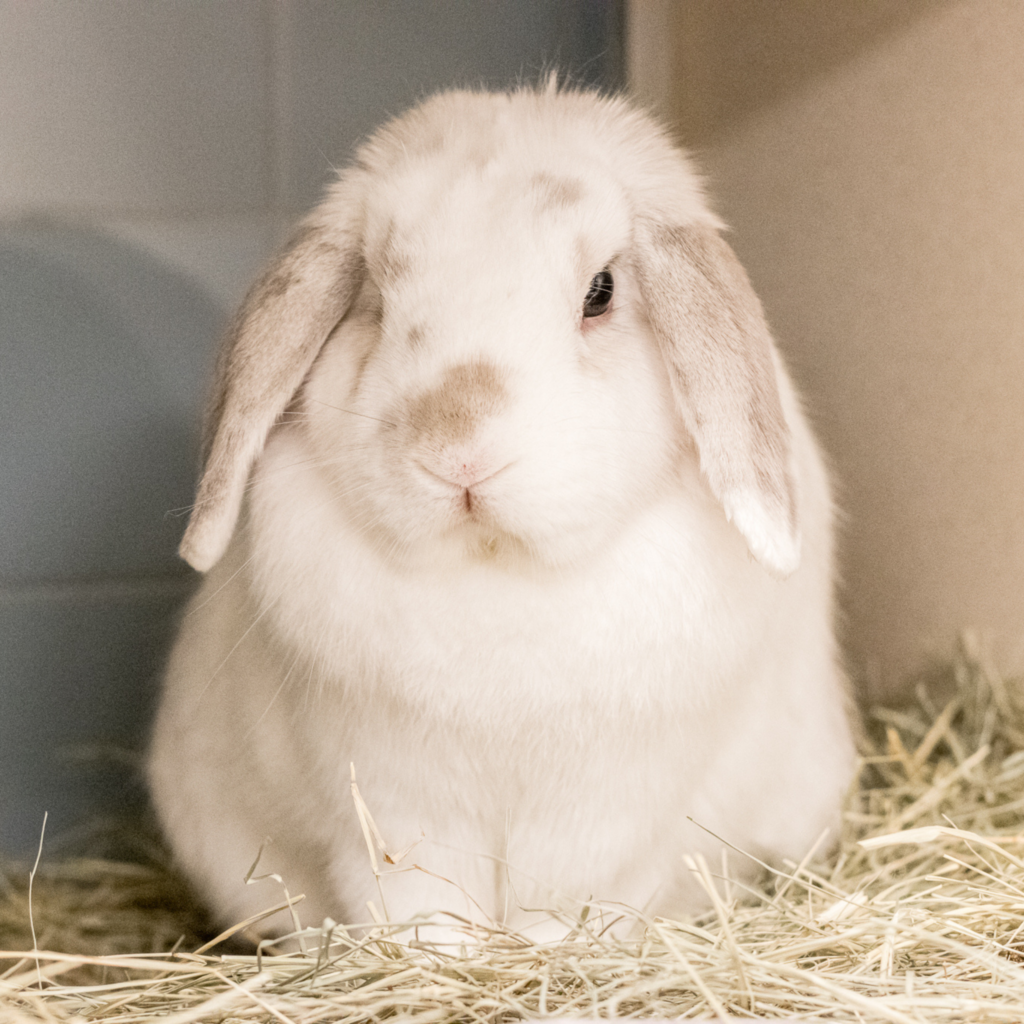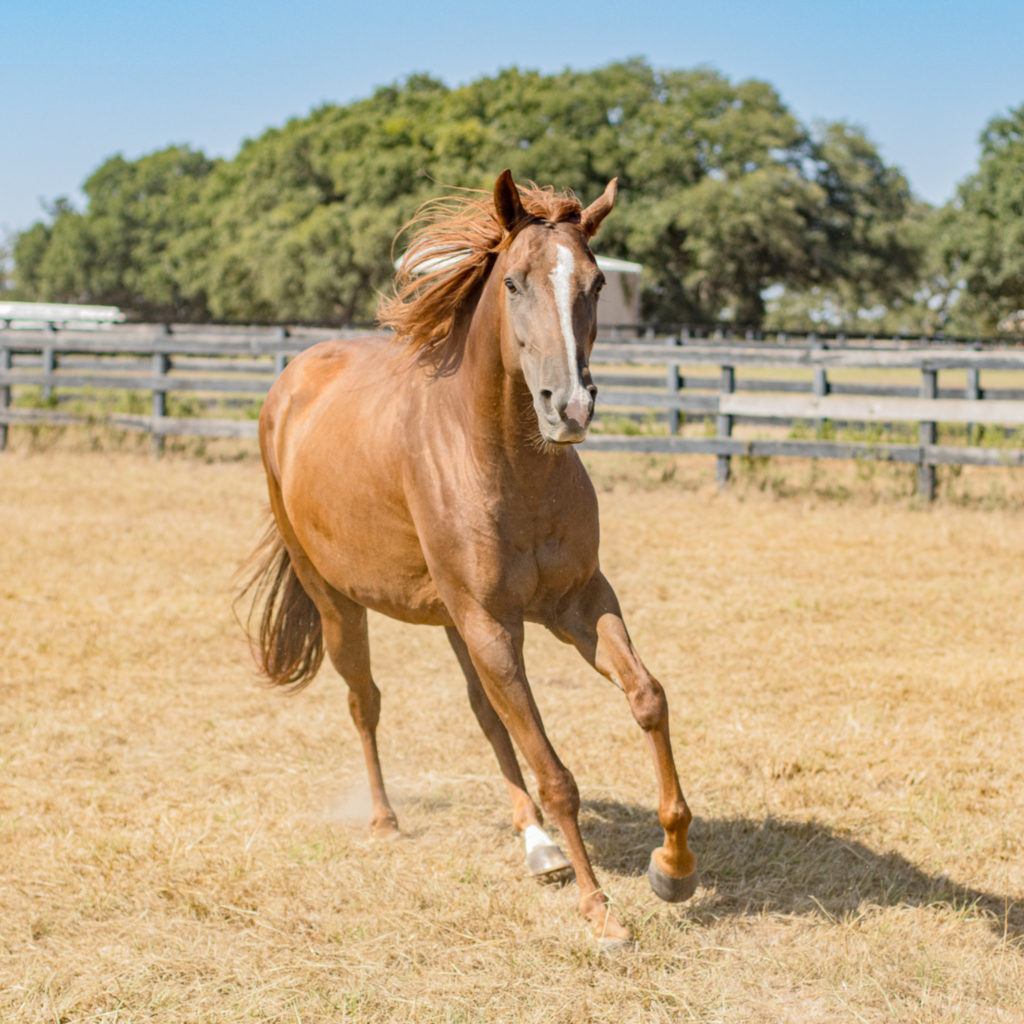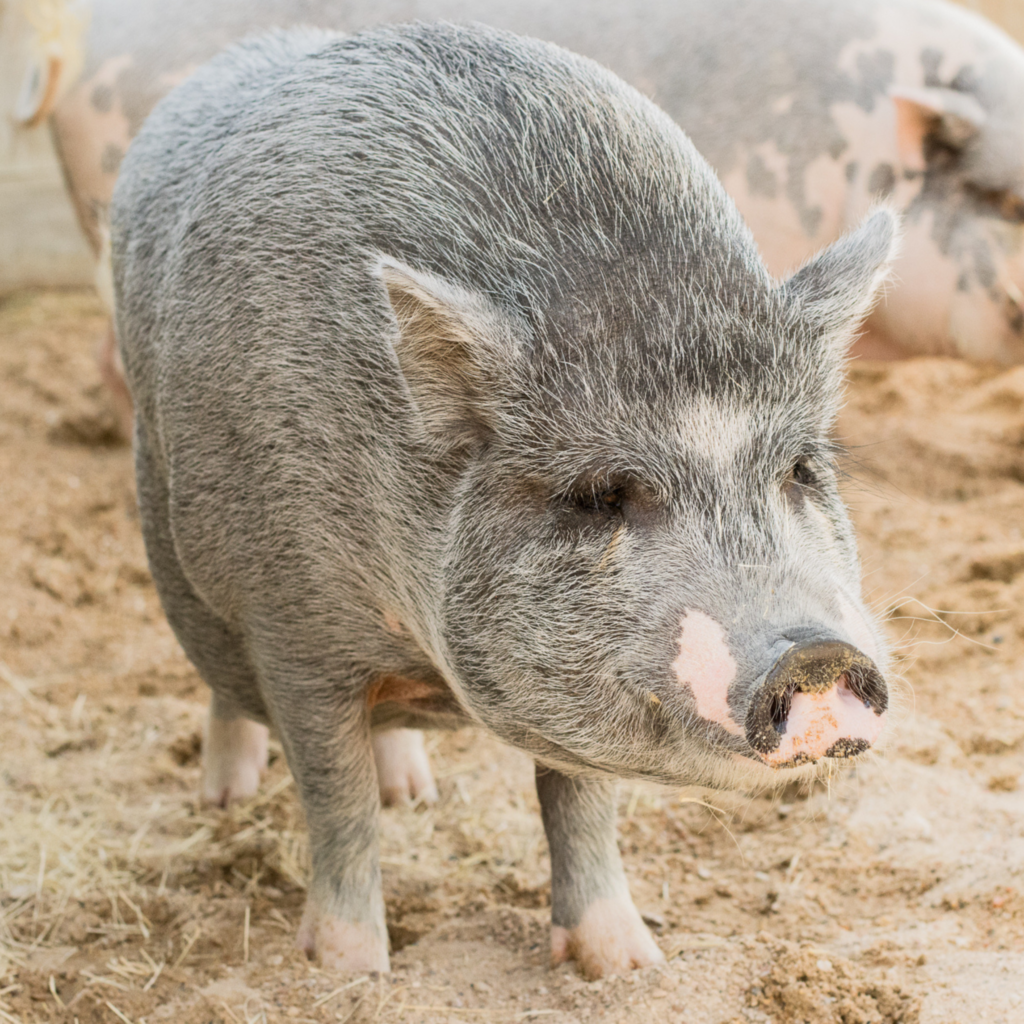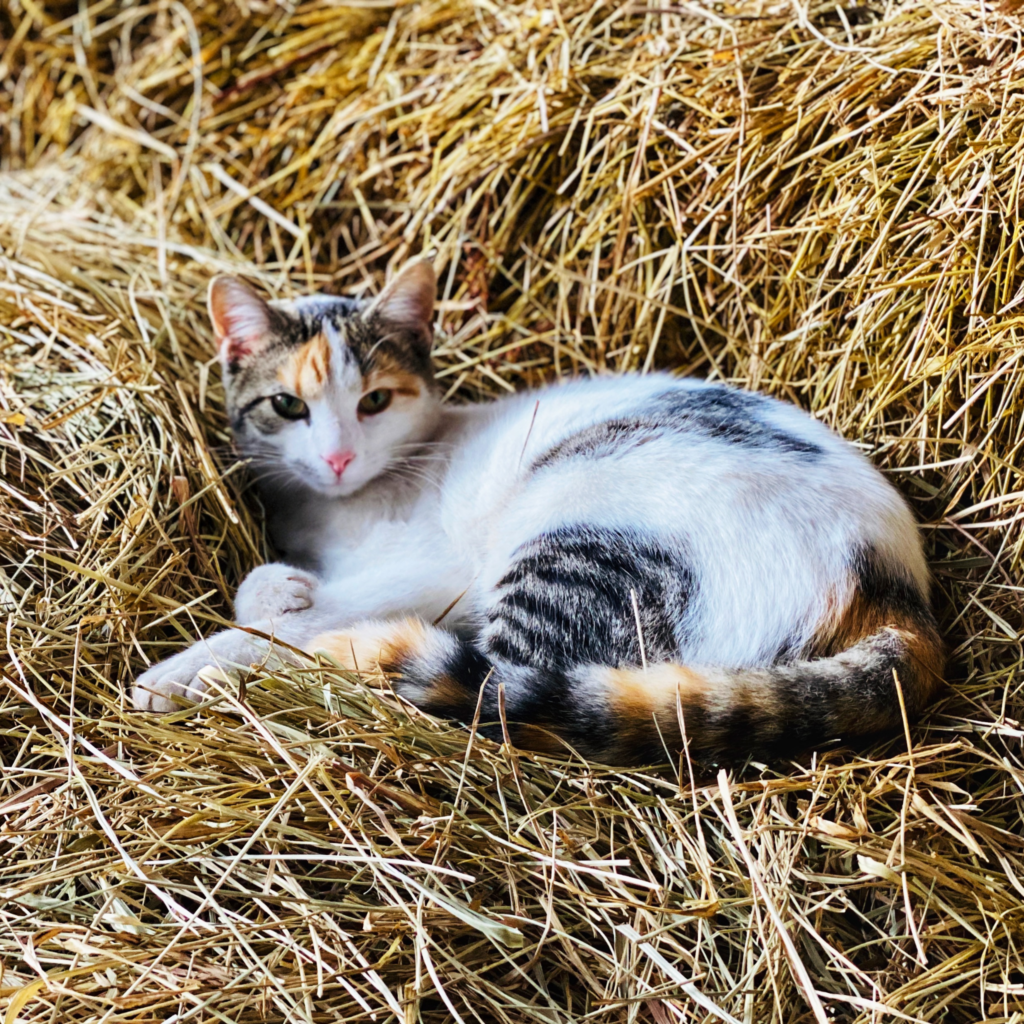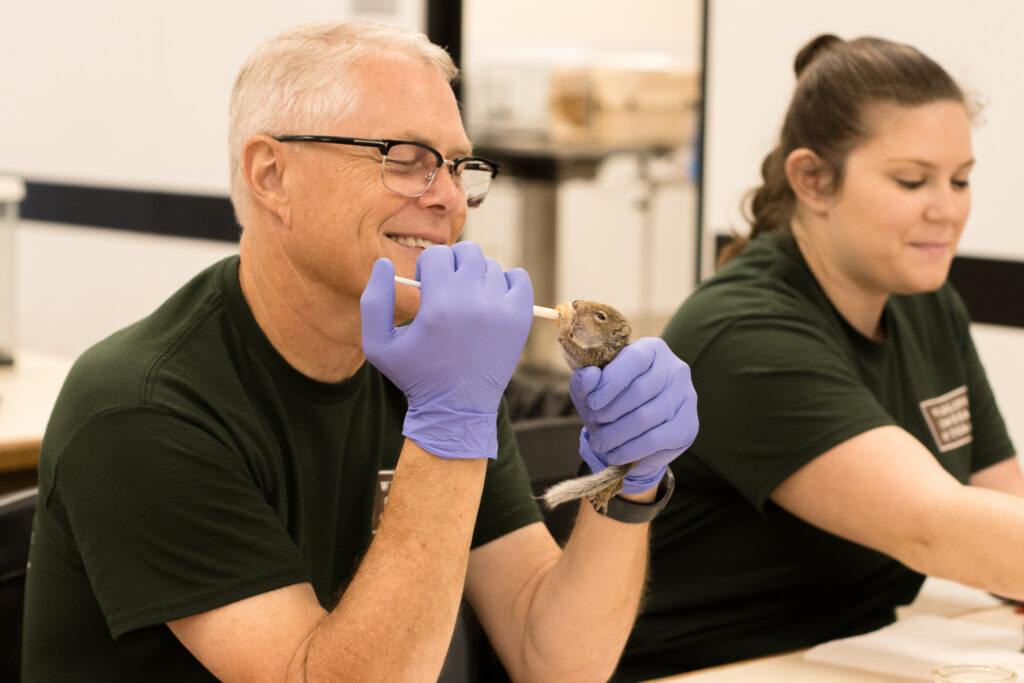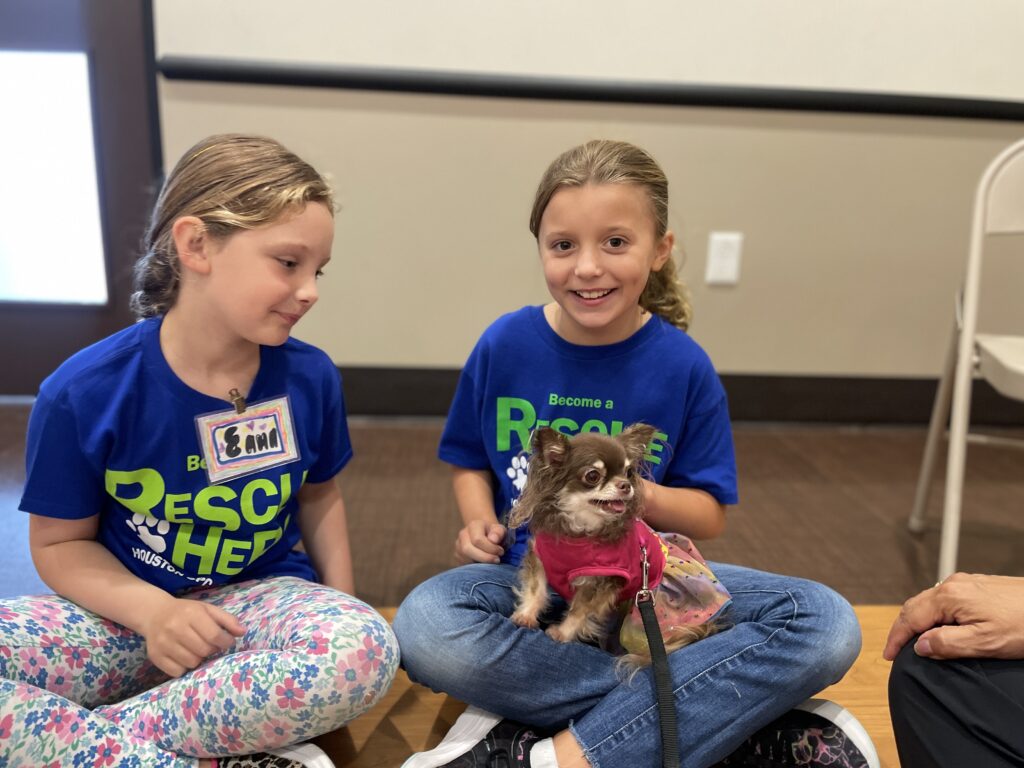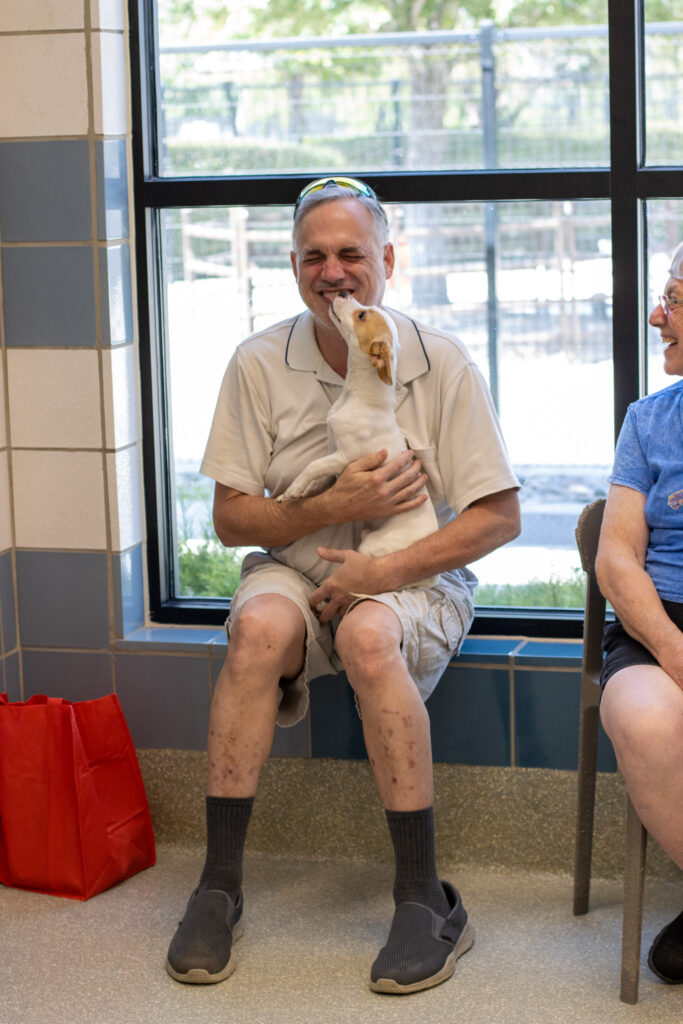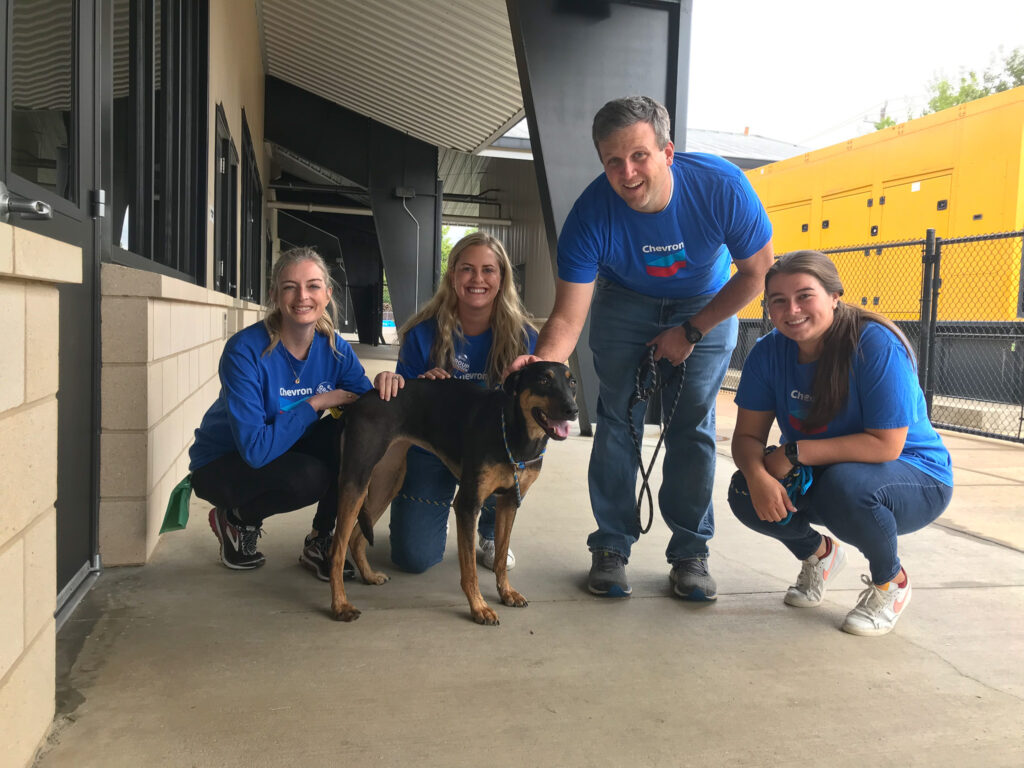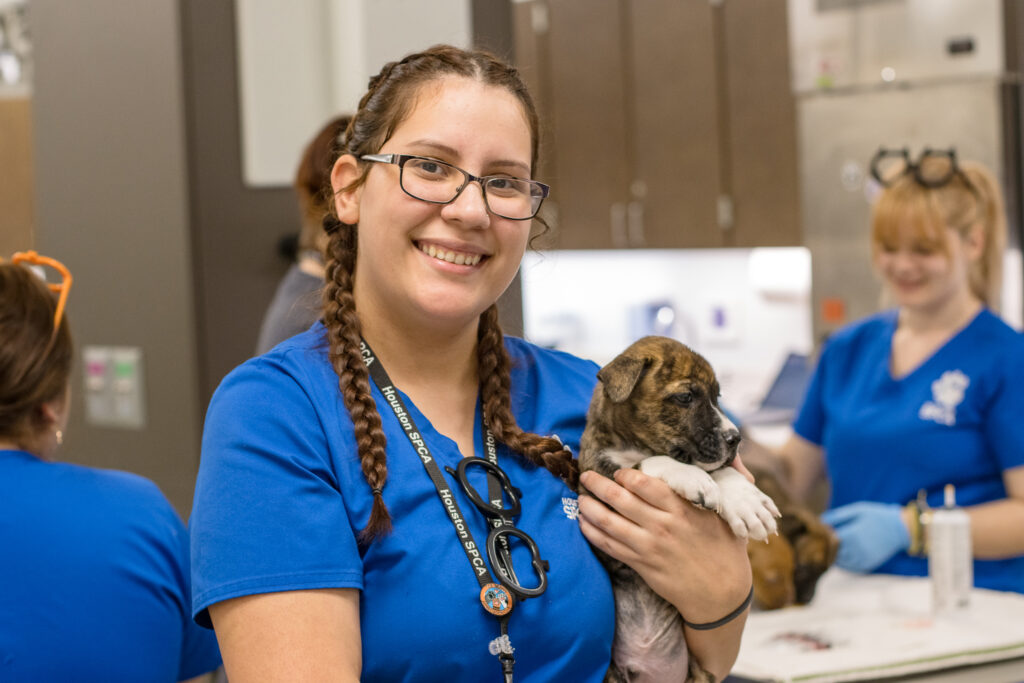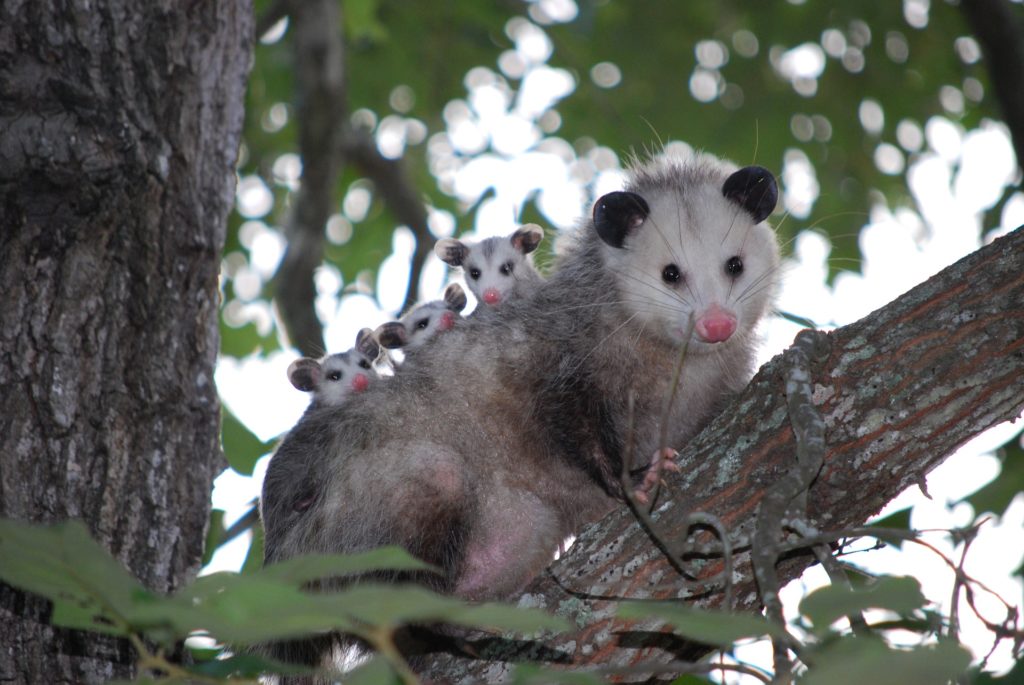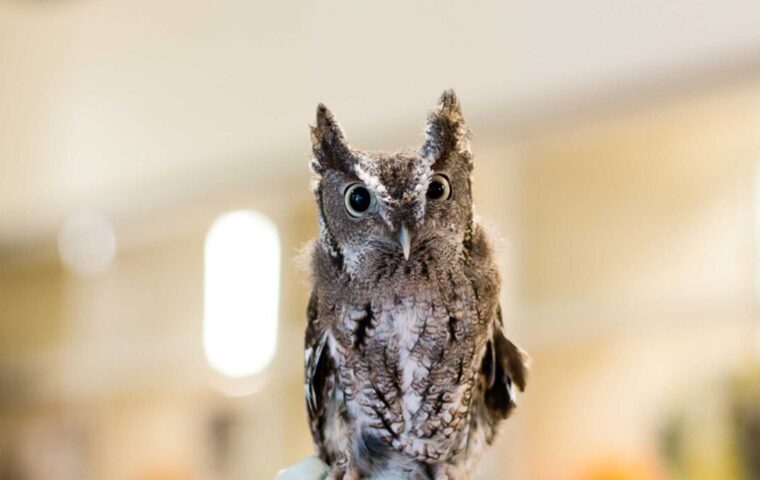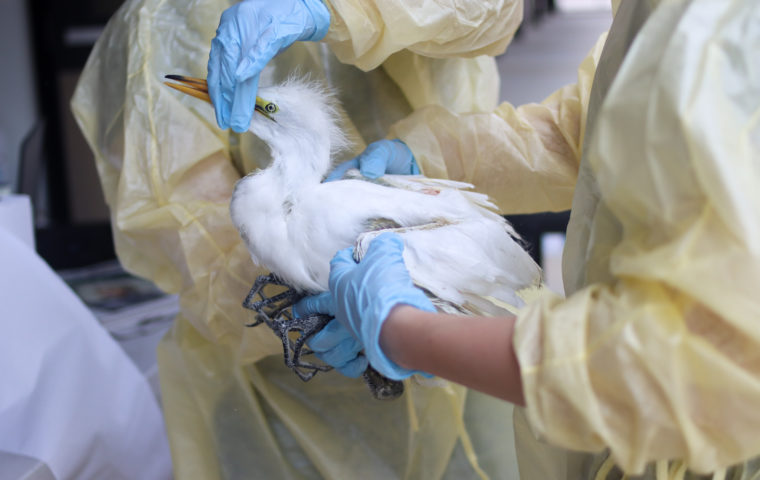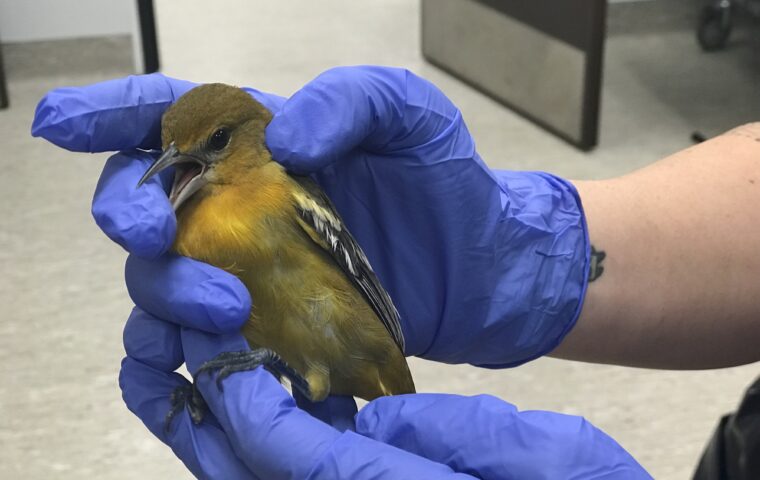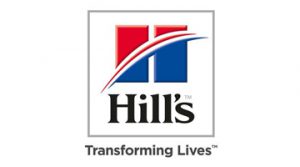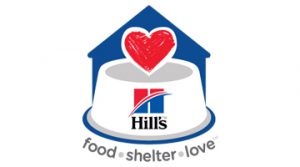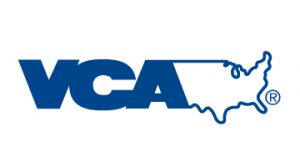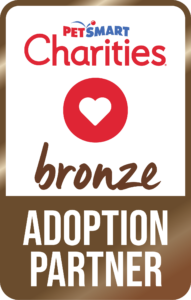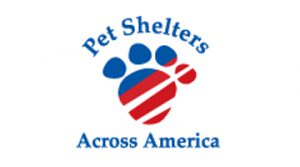(January 24, 2022)
Houston SPCA’s Wildlife Center of Texas receives over 9,000 injured and orphaned wild animals each year. Chances are, you might come across wildlife in need of help in your own backyard or neighborhood. Here is what you need to know to best help injured or orphaned baby wildlife in your area.
First Steps:
- Observe. Look for parents, siblings, or injuries.
- Replace. If the baby is uninjured and the parents are nearby or returning, renest it.
- Collect. If the baby is injured and/or parents haven’t returned, place it in a box with soft rags and keep warm until you can bring it to the Wildlife Center. DO NOT feed the baby food or liquids!
- Contact. Call us right away at 713-861-WILD.
Baby Birds
First, if the baby bird has been injured or is covered in flies, fly eggs, or ants, safely collect and bring to the Wildlife Center as soon as possible.
Nestling Birds
If the baby is not injured, you can reunite it with its parents by placing it back in the nest. However, if you cannot find the nest, you can place it in a hanging basket in the closest tree. Monitor for the parents’ return. Then, if you see no activity within two hours, collect the baby bird to bring to the Wildlife Center.
Fledgling Birds
Fledgling birds have their feathers, and you can often see them hopping around on the ground learning to fly. If you can see that the bird appears uninjured, place it in a small bush nearby and keep pets away. Wait for the parent to return to feed it. If you don’t see any activity within 4-6 hours, collect the bird to bring to the Wildlife Center.
There are a few exceptions to these guidelines, such as with screech owls and herons, which likely need to be brought to the Wildlife Center immediately.
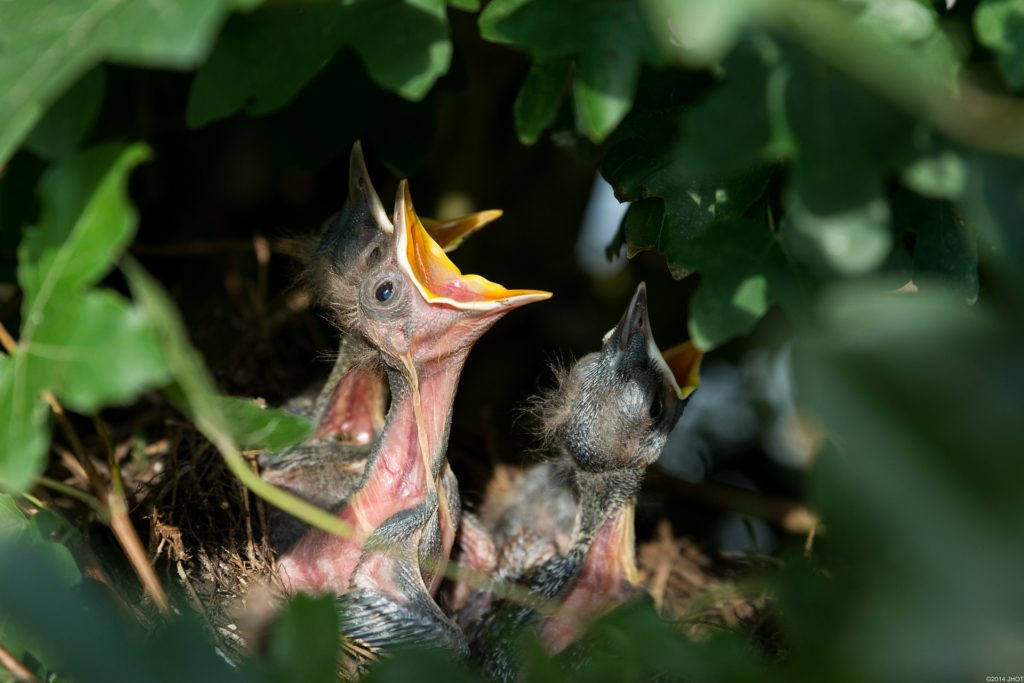
Baby Mammals
DO NOT give food or liquids to baby mammals!
You should bring baby mammals to the Wildlife Center at varying times depending on their species. For instance, rabbits and deer leave their young unattended for long periods of time, and thus should be left alone unless injured, or if the mother hasn’t returned.
However, mother opossums who have lost their babies do not come back for them. Also, dead mothers with babies in their pouch should be brought to the Wildlife Center for removal. Squirrels left alone for longer than three hours should also be brought in.
